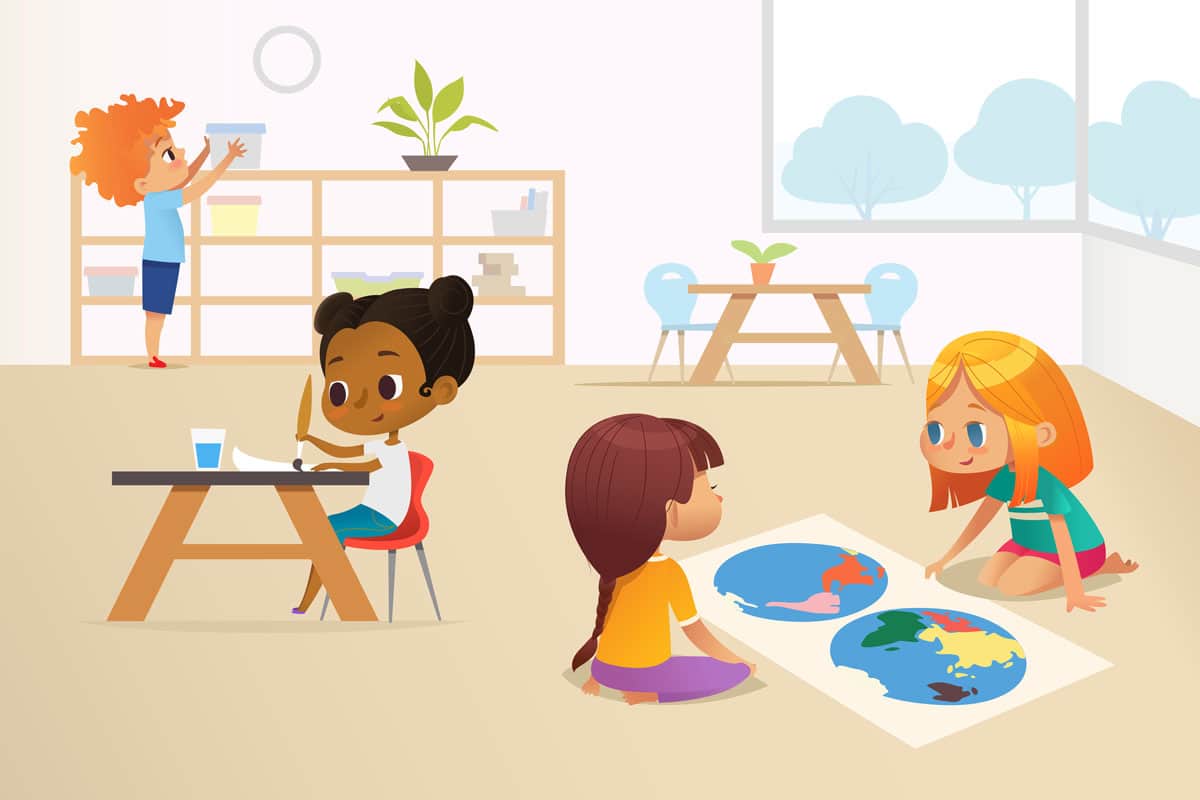Preparing your child for college is one of the most significant milestones in their life—and yours. It’s not just about academics or finding the perfect dorm setup. It’s about equipping them with the skills and confidence to handle life independently. From managing time wisely to learning how to cook, these skills can make their transition smoother and their college experience more successful.
1. Mastering Time Management
College is a whirlwind of classes, assignments, social activities, and, for many, part-time jobs. Without proper time management, students can quickly feel overwhelmed. Parents can teach their kids how to prioritize tasks and use tools like planners or apps to stay organized.
Start small by helping them create a weekly schedule. Encourage balancing study time with leisure. Remind them that while deadlines matter, so does mental well-being. This practice at home will help them handle the fast-paced college environment with ease.
2. Budgeting Basics

Money management can be tricky for first-time college students, especially when faced with expenses like textbooks, meals, and social outings. Before your child heads off to campus, sit down and create a realistic budget with them.
Talk about essentials versus luxuries and how to track spending. Introduce concepts like savings accounts, emergency funds, and avoiding unnecessary debt. Emphasize strategies to stretch their budget, such as using secondhand bookstores or campus meal plans wisely. And don’t forget to share actionable tips to save money in college, like taking advantage of student discounts and exploring part-time job opportunities. These habits can prevent financial stress and teach long-term financial responsibility.
3. Cooking Simple Meals
While college meal plans are convenient, they can also be expensive and monotonous. Teaching your child to cook a few basic meals can help them save money and eat healthier.
Start by showing them how to prepare simple dishes like pasta, rice bowls, or stir-fries. Equip them with a few essential kitchen tools and ingredients. If they’re hesitant, turn cooking lessons into a fun family activity. Knowing how to prepare meals isn’t just practical—it’s empowering.
4. Building Strong Study Habits
Good study habits are the cornerstone of academic success. Many students enter college unsure of how to effectively manage their coursework, leading to late nights and cramming sessions.
Parents can guide their kids by emphasizing the importance of consistent study routines. Share tips such as breaking tasks into smaller, manageable pieces, using active learning techniques like summarizing or teaching others, and taking regular breaks to stay focused. Encourage them to experiment with what works best for their learning style.
5. Fostering Independence

College is a time for young adults to step into their independence, but the transition can feel daunting. Encourage your child to take charge of their responsibilities while still at home.
Let them manage their laundry, schedule their appointments, and advocate for themselves in various situations. Learning how to navigate challenges without relying heavily on parents will build their confidence and resilience for the road ahead.
6. Practicing Effective Communication
In college, students encounter diverse people, including professors, peers, and roommates. Good communication skills can make these interactions smoother and more productive.
Teach your child how to express themselves clearly and respectfully, whether in person or through email. Role-play scenarios, such as discussing grades with a professor or addressing conflicts with a roommate. These skills will serve them well, not only in college but throughout life.
7. Understanding Self-Care and Mental Health
The excitement of college life often comes with stress and pressure. Teaching your child how to prioritize their mental and physical well-being is crucial.
Discuss the importance of maintaining a balanced routine that includes exercise, sleep, and time for relaxation. Familiarize them with campus resources like counseling centers or support groups. Encourage open conversations about mental health so they feel comfortable seeking help if needed.
8. Strengthening Problem-Solving Skills
College life is full of unexpected challenges, from managing a tough course load to dealing with homesickness. Problem-solving skills empower students to navigate these hurdles with confidence.
Help your child develop this skill by encouraging them to think critically and evaluate potential solutions. Discuss real-life examples and how to break problems into smaller, solvable parts. This will prepare them to handle obstacles both big and small.
9. Balancing Social Life and Responsibilities

A vibrant social life is part of the college experience, but it’s essential to strike a balance. Many students struggle to manage social activities alongside academic responsibilities.
Teach your child the value of saying no when necessary and setting boundaries. Encourage them to prioritize meaningful relationships over fleeting ones. These skills will help them build a supportive network without sacrificing their goals.
10. Developing a Growth Mindset
Finally, instill the importance of a growth mindset—a belief that abilities and intelligence can be developed through effort and learning.
College is a time of discovery, and setbacks are inevitable. Encourage your child to view challenges as opportunities for growth rather than failures. Remind them that success isn’t about perfection but about perseverance and progress.
Final Thoughts
As your child prepares for college, remember that these life skills are gifts that extend beyond the classroom. They’re tools that foster independence, resilience, and a foundation for lifelong success.
Parenting through this stage isn’t always easy, but with thoughtful preparation, you can help your child navigate this exciting new chapter with confidence and readiness.
















